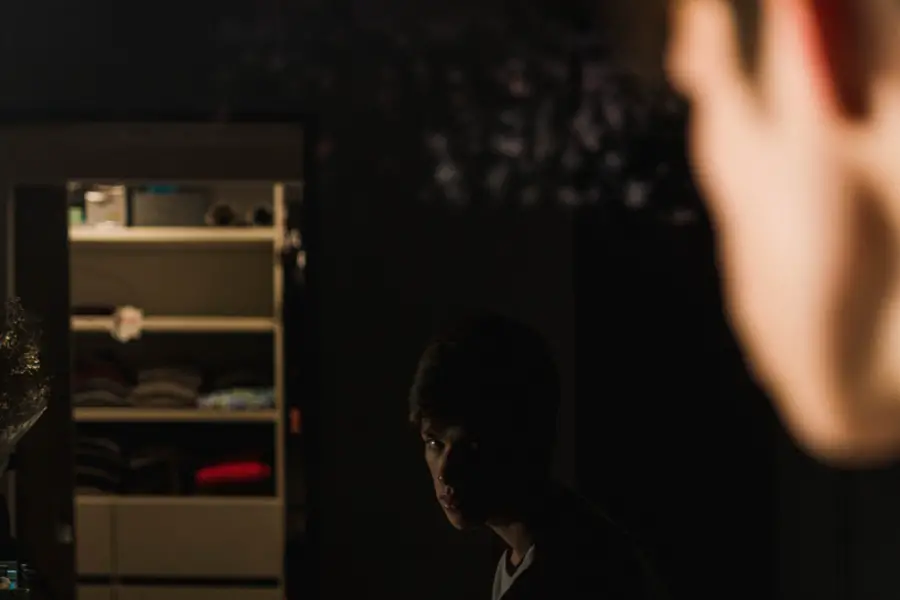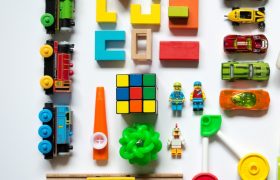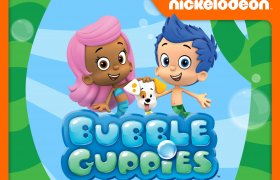Anger Management Tips for Children with ADHD

Some children are diagnosed later in life with Attention Deficit Hyperactivity Disorder (ADHD). This disorder can be severe or can be a milder form, it all depends on the child but it usually is first noticed when your child starts school. If you find your child is having trouble focusing or they aren’t turning in their homework because they can’t concentrate, chances are the teacher will suggest you get your child tested for ADHD. This is when you should make an appointment with your pediatrician. Some parents are very upset when they think of their child on medication to help them focus because the medication is strong and has side effects. Some parents go the homeopathic way and try alternative natural remedies. It’s up to you as a parent because some children don’t always like the way the medication makes them feel so they choose not to take it. Parents should just realize it’s a fine line between a severe case and a milder case.
Children that have ADHD become easily frustrated and angry at times because they don’t understand their school work as the other children. They may feel isolated and different and ask you not to tell other people they have this problem. Some children don’t like taking their medication at school so it’s probably a good idea to find a solution and work with your child’s pediatrician. There are long-acting medications and shorter acting ones that your child can take when they get home from school. Parents also can become depressed because dealing with a child with ADHD takes more patience and more work, especially if you have other children in the house. Sometimes the school will let your child work with a teacher’s aide to help them when they take tests so they understand what the question is. This will help your child feel less angry and also safe because they understand this works well for them. ADHD children don’t want to fail at a test or a presentation. They too want to fit in with their class.
Parents should also realize that as your children age and become adults, more disorders can develop from having ADHD. ADHD children are very impulsive and make decisions without thinking and get themselves into some rough situations with their relationships as they become adults. This is something you need to prepare your child for and work with their doctor as well. When ADHD children become adults, they bring anger with them so it’s important to develop a game plan to help them control their impulsiveness.
Children with ADHD struggle with anger and have trouble when it comes to expressing themselves. They have problems with their emotions and this frustration can cause angry outbursts. Look for these triggers when your child is having a meltdown so you know how to start managing your child and their anger. Parents don’t often feel anger and ADHD are related, but if your child is constantly having meltdowns, this is very common. The meltdowns may not be at a good time and frustrating for parents because the consequences may not go away for a while.
Kids that have ADHD are constantly stressed because of their attention problems. They are super sensitive and have a difficult time expressing emotion. After they have a meltdown, these kids can often dwell on this for quite some time not realizing their parents are over the meltdown. Here are some ideas that may help you understand these meltdowns. Kids with ADHD have constant negative dilemmas during their school day that parents don’t know about. For instance, your child may have misplaced their homework and the teacher asks them why? Your child might not of understood directions so they toss it aside and don’t finish their work. As the day goes on, there are always the kids that are going to tease them and they are older kids, your child probably doesn’t know. By the end of the day, your child is having a meltdown and gets in trouble with the teacher.
Then your child comes home and has more chores to do, and dwells on the fact that this might not go so well or it might go well. Your child is already stressed out from the day at school and you have no clue. You start telling your child to clean the mess in their bedroom because they forgot in the morning. This becomes too much and your child is overwhelmed and now the anger starts manifesting itself.
Just remember being impulsive is very common with ADHD children and they may say things when they are not asked to talk and they say them without thinking or being upset. Add some anger into the mix and then the outburst happens. Other children keep these things to themselves because they don’t have ADHD, where your child will slam doors, kick things, or throw something in the classroom. These kids have very intense feelings they can’t always control.
 Helping your child hold their temper takes some critical thinking on your end and this can be hard for your child. First, they have to learn how to harness their emotions, next they have to think before they act, then you the parent have to think about ways you would handle the situation by practicing yourself.
Helping your child hold their temper takes some critical thinking on your end and this can be hard for your child. First, they have to learn how to harness their emotions, next they have to think before they act, then you the parent have to think about ways you would handle the situation by practicing yourself.
Empathy means caring about others and in a normal world, a child without ADHD would think about hurting someone’s feelings but kids with ADHD can’t always use empathy as a tip to control their behavior. This doesn’t mean they are rude, it just means they don’t feel too bad about losing their temper or having a meltdown.
The best way you, as parents can help, first notice the triggers and observe what time of the day your child is having a problem. Take some notes. If you understand what is setting your child off, can help you pinpoint when the meltdown is coming and talk to your child before this happens. Remember you have to control your emotions and be patient while you are helping your child. Sometimes it could be as simple as your child being tired and hungry after a long day. When you help your child understand these problems, this is an important step.
If your child is starting to escalate, it’s time to say something to them and remind them that they are getting angry and your child might not even notice the anger, so explain it to them.
Teach your child empathy so they learn it themselves. Set an example and your child will follow. Showing empathy to your child can help them understand what you are thinking and where you are coming from. If your child is a grouch in the morning, just tell them that you would like to talk after they have woken up a bit and had some breakfast.
If your child is becoming angry and starts acting out, ignore it. As long as they aren’t harming themselves, you can say this is getting a bit out of control so let’s separate and go into different rooms. Take a few minutes and let the child know and tell the child that you will see them in a few minutes. This will also give you a chance to calm down and your child won’t dwell on this as long and can start over.
Have a conversation about the outbursts because kids with ADHD have problems being in the moment so a conversation will help your child to think about what happened.
Helping your child will make a difference at home and also will help your child gain confidence. It’s also important for your child to feel good about themselves and gain some self-esteem. This helps your child succeed and have more friends at home and at school. If you are still noticing anger and anxiety, then it’s time to talk to the doctor. Your health provider might suggest treatment or medication.







